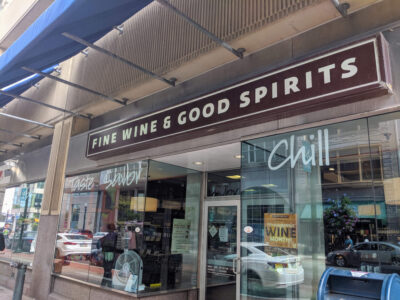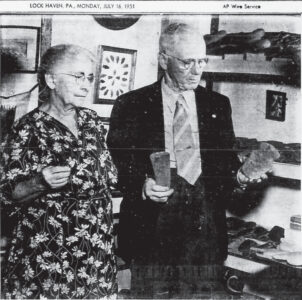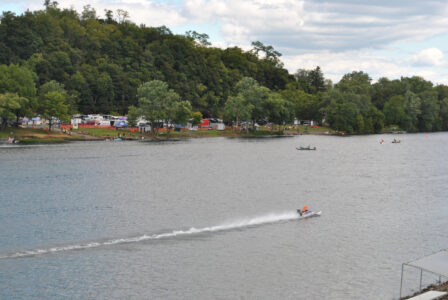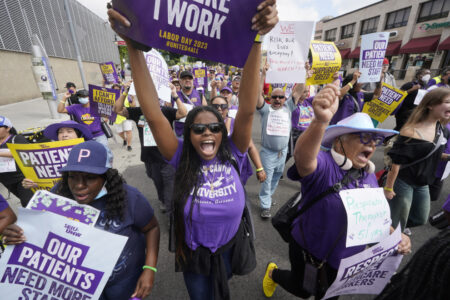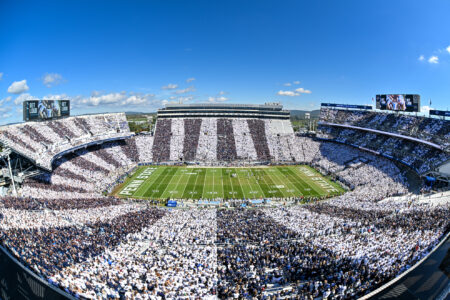Court decision clears path for lawsuit over Pa. Liquor Control Board’s special order handling fees
Lawyer for a Lancaster County restaurant leading the case said damages for businesses and individuals could exceed $50 million
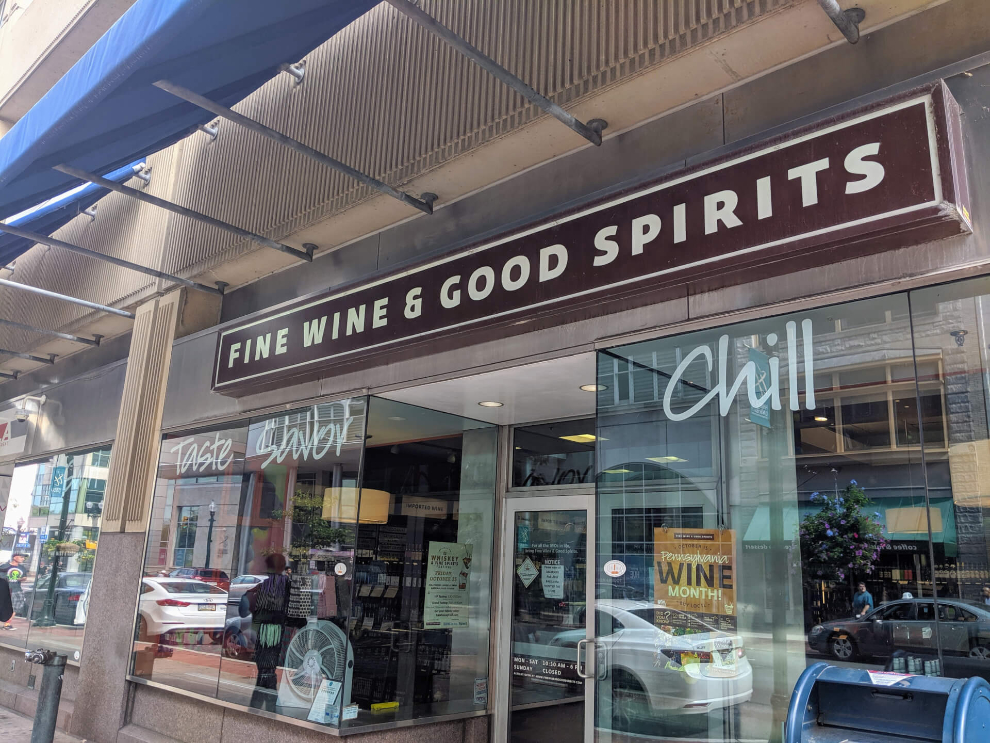
PHOTO COURTESY OF PENN CAPITAL STAR
Restaurateurs, oenophiles and others who ordered wine and liquor not available in the commonwealth’s state liquor stores, are closer to potentially clawing back tens of millions of dollars in handling fees from the Pennsylvania Liquor Control Board (PLCB).
The latest in a string of court losses clears the way for a class action lawsuit against the state’s only wine and spirits retailer. A Lancaster County restaurant filed the suit on behalf of other businesses and consumers who were improperly charged a $1.75 per-bottle handling fee.
Philadelphia attorney John Papianou, who has been pursuing the case since 2020, said the state could be on the hook for more than $50 million in damages for ignoring a statutory mandate that should have made it easier and cheaper to order rare wines and liquor.
“It’s not often that the state so clearly violates the law,” Papianou told the Capital-Star, adding that it’s even more unusual for substantial monetary damages to be involved.
“If a state’s not doing something that it’s supposed to do, it might affect somebody or a group of people, but typically you don’t see an unlawful taking,” he said.
A spokesperson for the PLCB said the agency does not comment on pending litigation.
Papianou said the case stems from the start of the COVID-19 pandemic, when the PLCB’s Fine Wine and Good Spirits stores were closed under then-Gov. Tom Wolf’s pandemic emergency order.
Under a 2016 change to the state Liquor Code, the PLCB was supposed to set up a system allowing out-of-state distributors to deliver orders directly to buyers by June 2017. Previously, the law required special orders to be shipped to a state liquor store for pick up where the PLCB collected the handling fee.
As part of the change, the agency was also required to stop collecting handling fees.
But it continued to require special orders to go to stores and collected handling fees until it finally established a direct-delivery process in 2022.
When the pandemic hit, a friend of Papianou’s who owns a New York-based wine import and distribution business saw his revenue in Pennsylvania drop to zero.
With the stores closed indefinitely, out-of-state distributors had nowhere to ship orders and were losing sales, Papianou said. And with his calendar empty because courthouses were closed too, Papianou and his friend decided to sue the agency to force it to follow the law.
They won a Commonwealth Court ruling in May 2020 that the changes in the Liquor Code were mandatory and required the PLCB to implement the special order direct shipment process required by the 2017 legislation. The state Supreme Court affirmed the decision on appeal.
In an Aug. 21 decision, Commonwealth Court Judge Anne Covey rejected the PLCB’s claim that the lawsuit was barred by a statute of limitations that required any lawsuit to be filed within six months. She also ruled against the agency, finding that the plaintiffs have a claim for damages against the state for failing to perform a duty required by law.
Papianou said the decision means the lawsuit filed by The Log Cabin Restaurant in Leola and a separate lawsuit by Philadelphia wine bar Bloomsday Cafe can move toward a trial. Papianou said he has requested and expects the two cases will be merged.
Data kept by the PLCB shows that consumers chose direct delivery for special orders nearly exclusively as soon as it was available. The same data provides a record of every business and individual who paid the handling fee.
“We believe we’re in the right and we’re not going to stop until [the money] is returned,” Papianou said.

